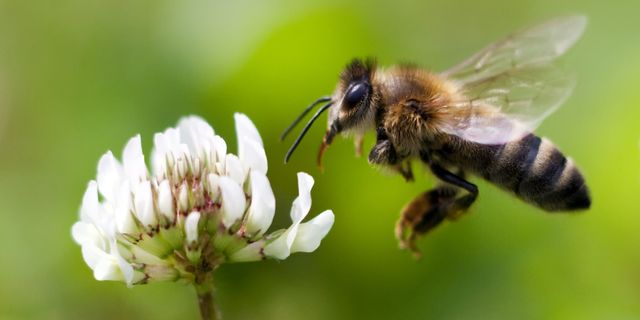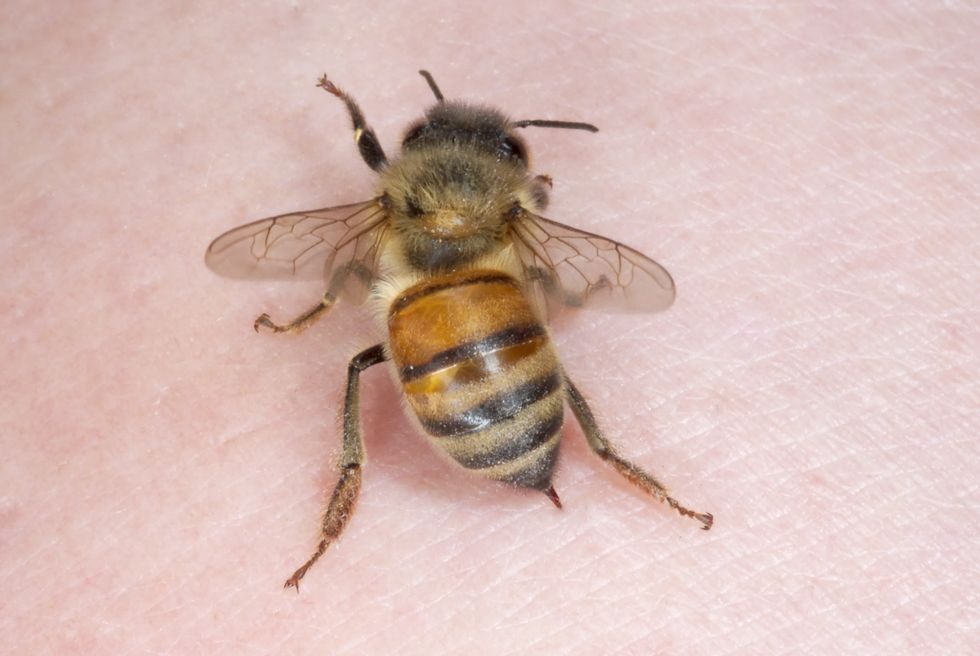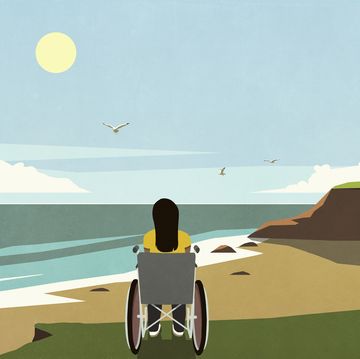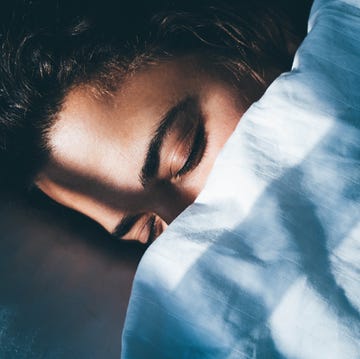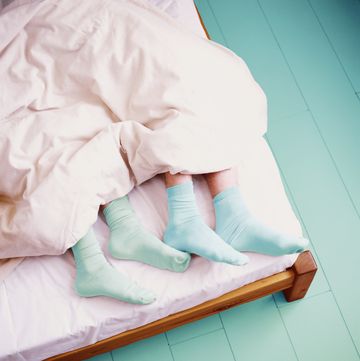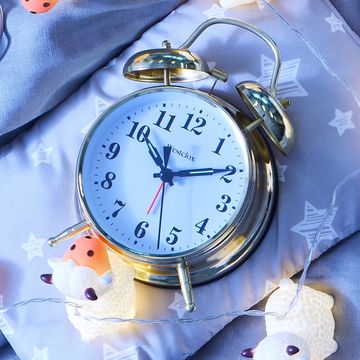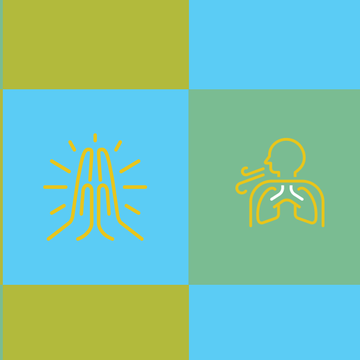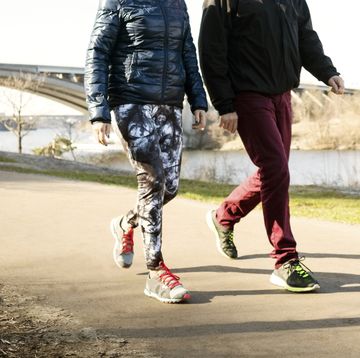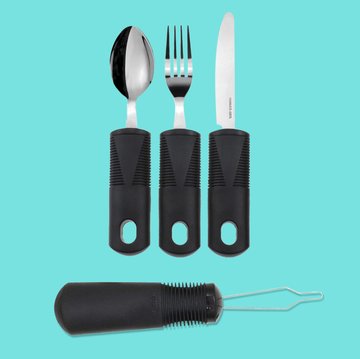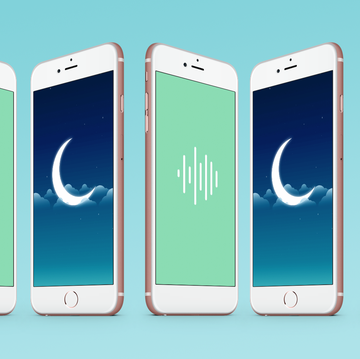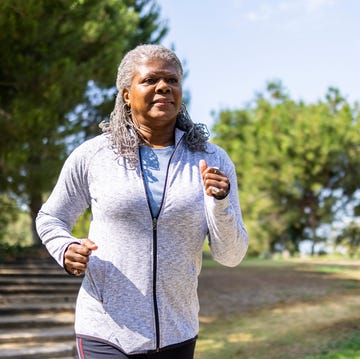While the world needs bees, bee stings are one aspect of these helpful pollinators that's, well, not so helpful. With nice weather officially here, spending more time outdoors inevitably ups your chances of an unfriendly encounter. Feel that piercing pain, and you'll want to pluck the venomous stinger out right away. The way you remove it, however, could affect how soon you see relief.
Many species of bees, wasps and hornets defensively protect their nests. Some, but not all, die after stinging the potential threat. If one of these insects attacks you, don't run inside for the tweezers. The best line of defense might already be in your pocket.
A credit card or another straight-edged object can scrape away the stinger, minimizing the amount of poison released into the body. Tweezers (or plucking it out with your fingers) might actually squeeze the venom sac and pump extra toxins into the wound, according to the U.S. National Library of Medicine.
While some experts emphasize immediate removal over belatedly using the best method, scraping is usually easier than tweezing anyway. You're more likely to have a credit card on you at all times than a tweezer. And if you're eating outdoors, the blade of a butter knife could also come in handy, advises a study published in Dermatology.
The Centers for Disease Control also prefers scraping the stinger with a fingernail over pinching it out. Wiping a piece of gauze over the area can remove the barb too.
After you remove the stinger, wash the site with soap and water. Then apply a cool compress to reduce swelling. An antihistamine or anti-itch creams like hydrocortisone can also help.
Most importantly, watch for signs of anaphylactic shock, like difficulty swallowing or breathing and dizziness or fainting. This reaction can be life-threatening if not treated quickly. If the victim carries an EpiPen, use it and head to the emergency room if necessary.
If you're not so keen on getting stung in the first place, you can take certain precautions to reduce your risk. Skip perfume and dark clothing, and clear away leftover food and trash if you're eating outside. If you see a bee, don't swat at it. Staying calm is actually your best defense.
(h/t LiveScience)

Caroline is a writer and editor with almost a decade of experience. From 2015 to 2019, she held various editorial positions at Good Housekeeping, including as health editor, covering nutrition, fitness, wellness, and other lifestyle news. She's a graduate of the Medill School of Journalism and dreams of the day Northwestern will go back to the Rose Bowl.
